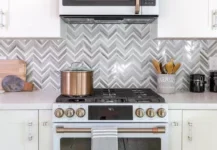Stainless steel sinks are a popular choice for many homeowners due to their durability and sleek appearance. However, over time, they can become dull and dirty, requiring regular cleaning to maintain their shine. Don’t worry if you are not sure how to begin, as we’ll delve into the best methods and tips for how to clean a stainless steel sink, ensuring it remains in pristine condition for years to come.
Understanding the Properties of Stainless Steel
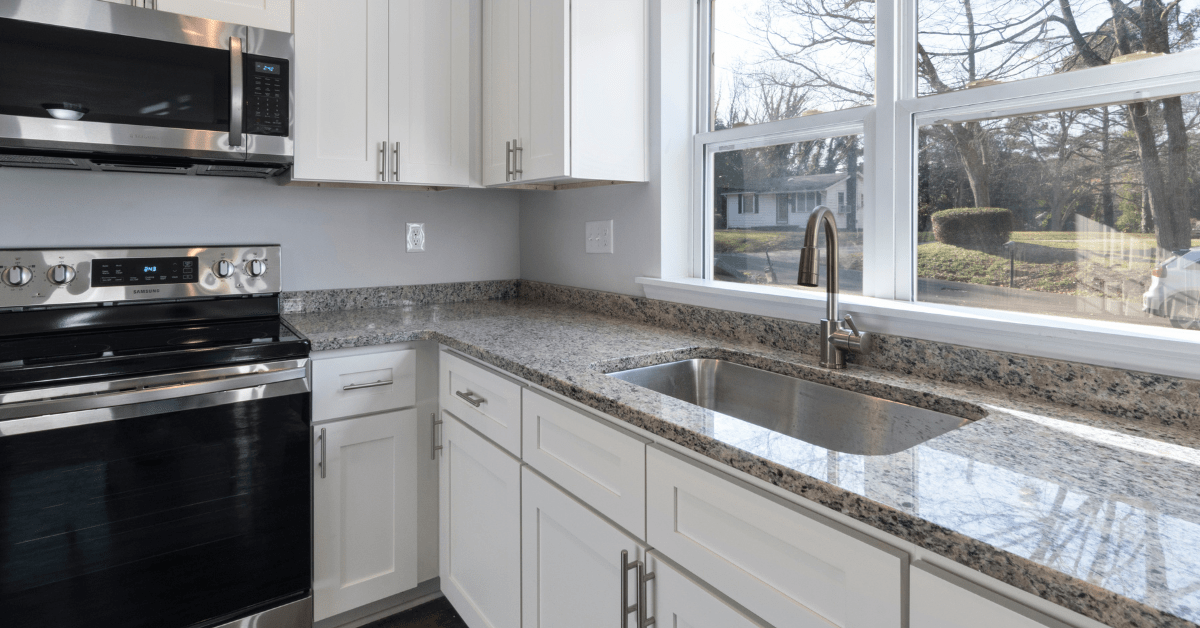
Stainless steel is a durable and corrosion-resistant material commonly used in kitchen sinks. It consists of a blend of metals, primarily iron, with the addition of chromium, which provides its unique resistance to rust and staining. Understanding the properties of stainless steel is crucial for selecting the right cleaning methods to maintain its integrity and longevity.
Implementing a Regular Maintenance Routine
Regular maintenance is key to preserving the luster of a stainless steel sink. Start by rinsing the sink after each use to remove any food particles or residue. Wipe it dry with a clean cloth to prevent water spots and mineral deposits from forming, thereby preventing the buildup of grime and maintaining the sink’s appearance.
Combatting Odors with Natural Remedies
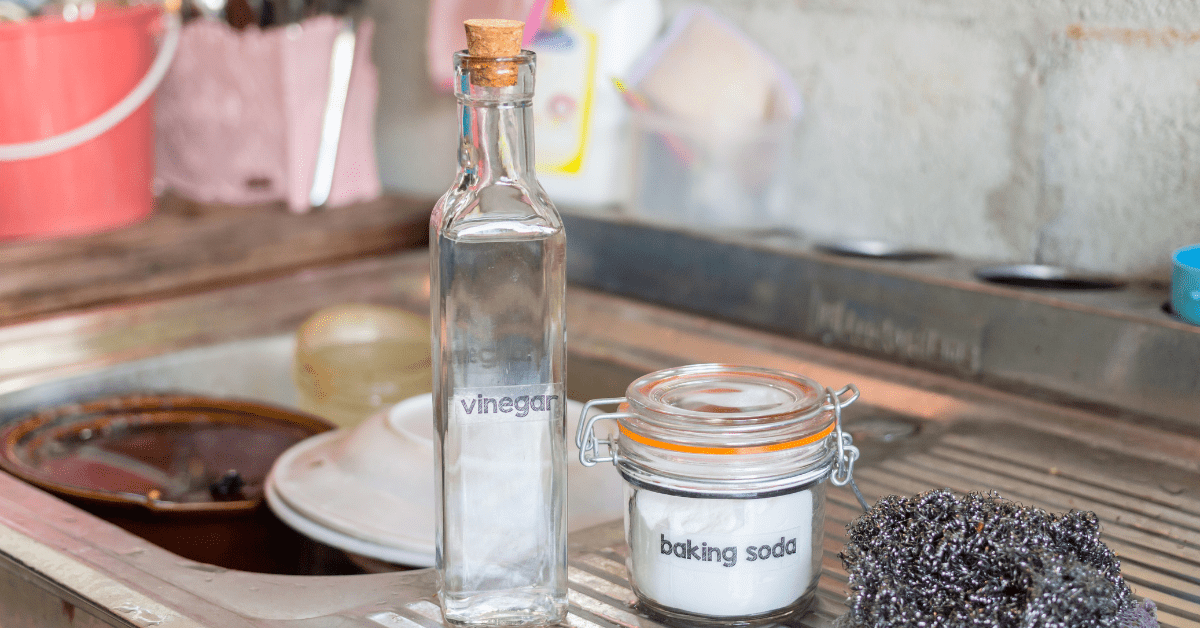
Over time, stainless steel sinks can develop unpleasant odors due to food particles and bacteria that accumulate in the drain. To combat odors, pour a cup of white vinegar down the drain and let it sit for 30 minutes. Follow this with a pot of boiling water to flush out any remaining residue and leave the drain smelling fresh. Additionally, consider using commercial drain cleaners to eliminate stubborn odors and blockages.
Using a Paste of Baking Soda and Lemon Juice for Tough Stains
For tough stains or discoloration, a paste made from baking soda and lemon juice can work wonders. The mild abrasive nature of baking soda, combined with the acidic properties of lemon juice, can effectively lift stains and restore the sink’s shine. Apply the paste to the stained areas, let it sit for a few minutes, then scrub gently before rinsing and drying the sink. Additionally, consider using a stainless steel polish to further enhance the sink’s appearance.
Addressing Rust Spots with a Homemade Paste
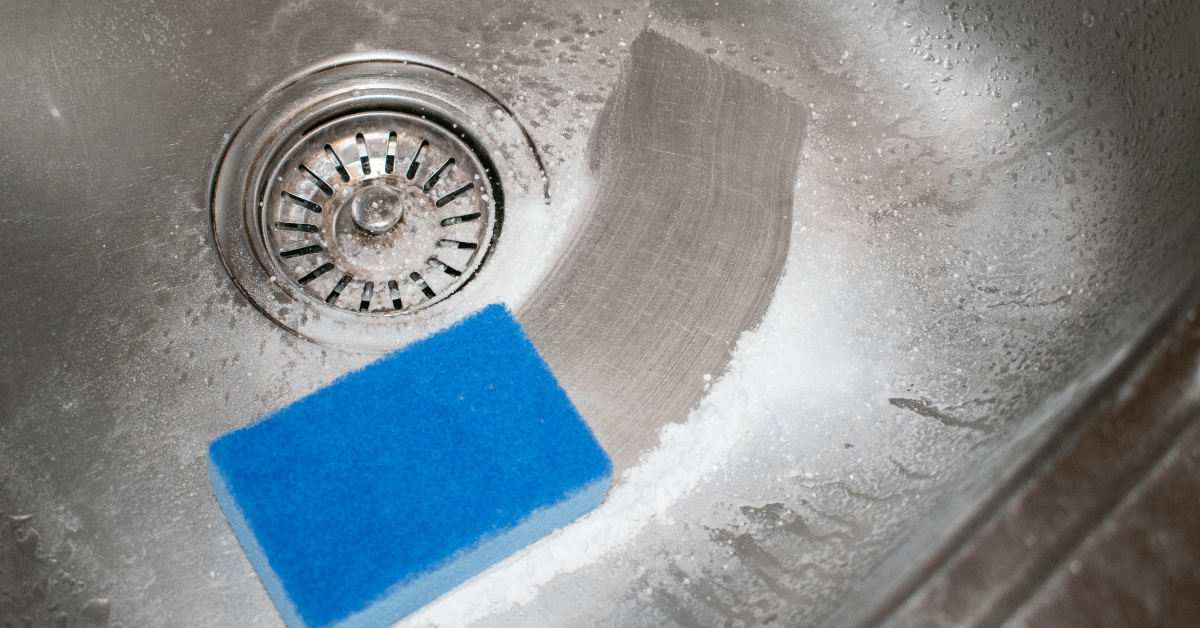
Rust spots can develop on stainless steel sinks, particularly around the drain or in areas where metal objects have been left to sit for extended periods. To address rust, create a paste using baking soda and water, then apply it to the affected areas. Allow it to sit for a few hours before scrubbing it with a nylon brush. Rinse thoroughly and dry the sink to prevent future rusting. Alternatively, consider using a rust remover specifically designed for stainless steel surfaces.
Effective Methods for Removing Stains and Water Spots
To remove stubborn stains and water spots, a mixture of warm water and mild dish soap can be highly effective. Apply the solution to a soft cloth or sponge and gently scrub the affected areas. Avoid using abrasive cleaners or steel wool, as they can scratch the surface of the sink, compromising its finish. Also, consider using specialized stainless steel cleaners for tougher stains.
Preventing Scratches and Dents
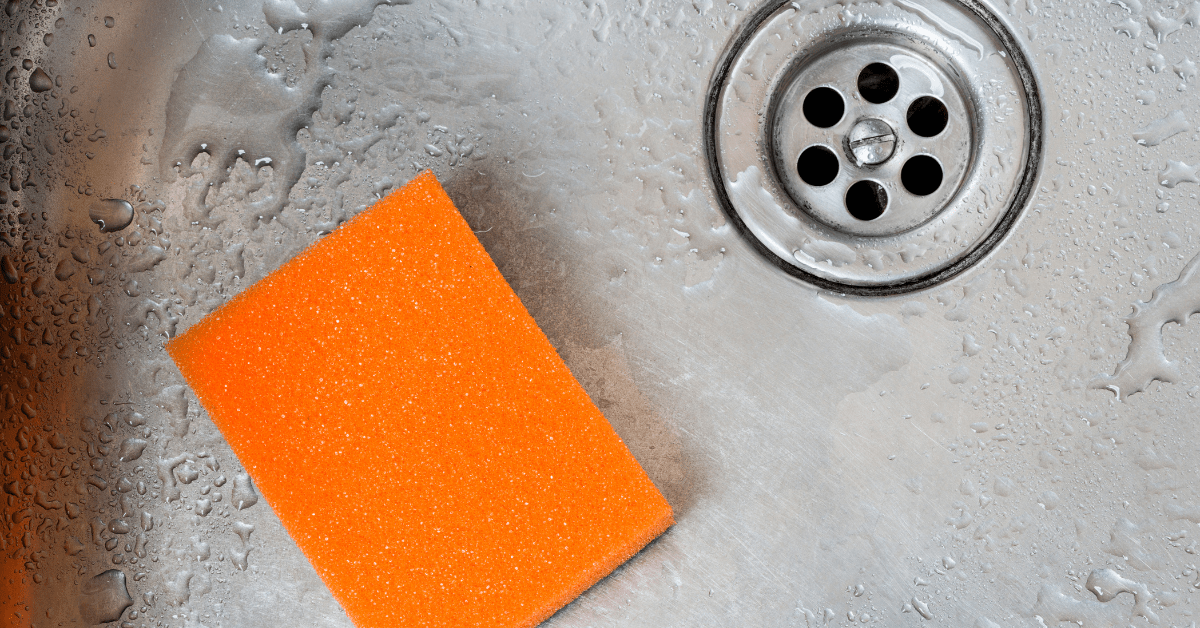
To prevent scratches on your stainless steel sink, avoid using abrasive materials such as steel wool or harsh scouring pads. Instead, opt for non-abrasive cleaners and soft cloths or sponges when cleaning. Another thing to be mindful of is placing sharp or heavy objects directly into the sink, as they can cause scratches and dents. Consider using sink grids or protective mats to safeguard the sink’s surface from potential damage.
Achieving a Brilliant Shine with Polishing Techniques
Once the sink is clean and free of stains, consider giving it a final polish to restore its luster. Apply a small amount of olive oil or mineral oil to a soft cloth and buff the sink in circular motions. This will not only enhance the shine but also provide a protective barrier against future water spots and stains. Afterward, consider using a stainless steel sealant to maintain the sink’s luster for longer periods.
Related Articles:
- The Guide on How to Clean Baseboards Like a Pro
- How To Clean Throw Pillows [And How Frequently You Should!]
- How to Clean A Couch [8 Fabrics]
With the right care and attention, cleaning a stainless steel sink can be a straightforward and rewarding task. By incorporating these effective methods for how to clean a stainless steel sink, you can ensure that your sink remains a shining centerpiece in your kitchen for years to come, impressing guests and providing a hygienic and visually appealing workspace for all your culinary endeavors.
You’re reading How to Clean a Stainless Steel Sink Quick and Easy, originally posted on Decoist. If you enjoyed this post, be sure to follow Decoist on Twitter, Facebook and Pinterest.
www.decoist.com




